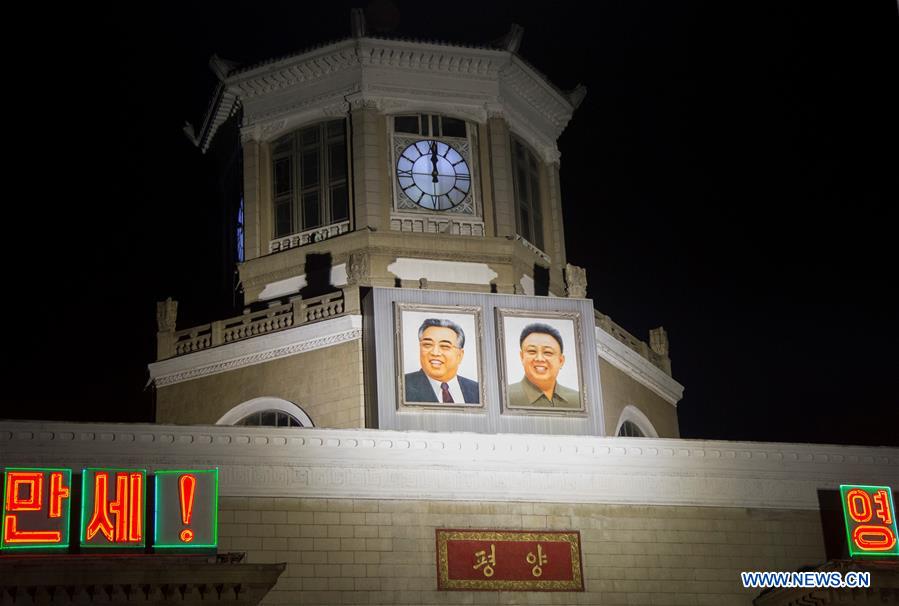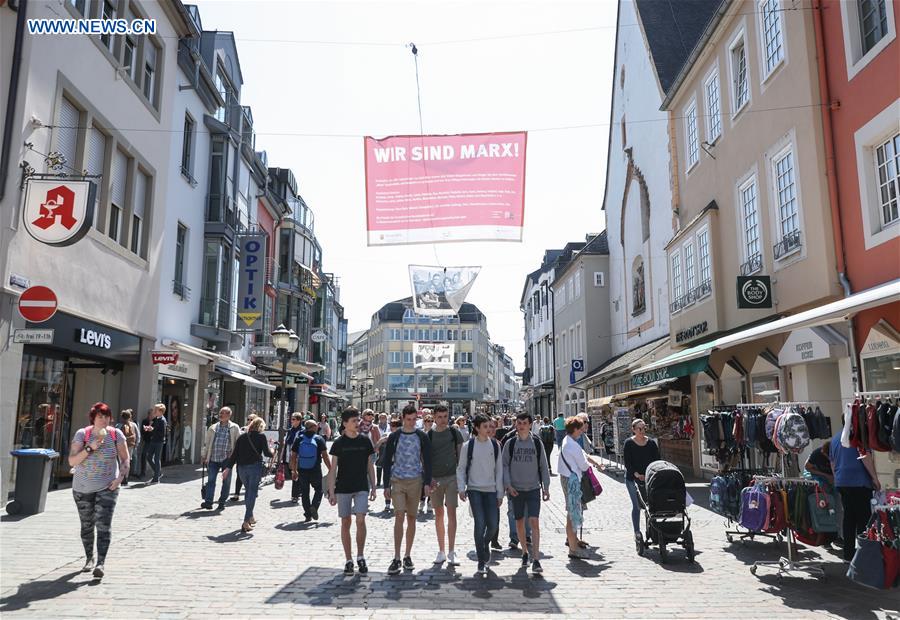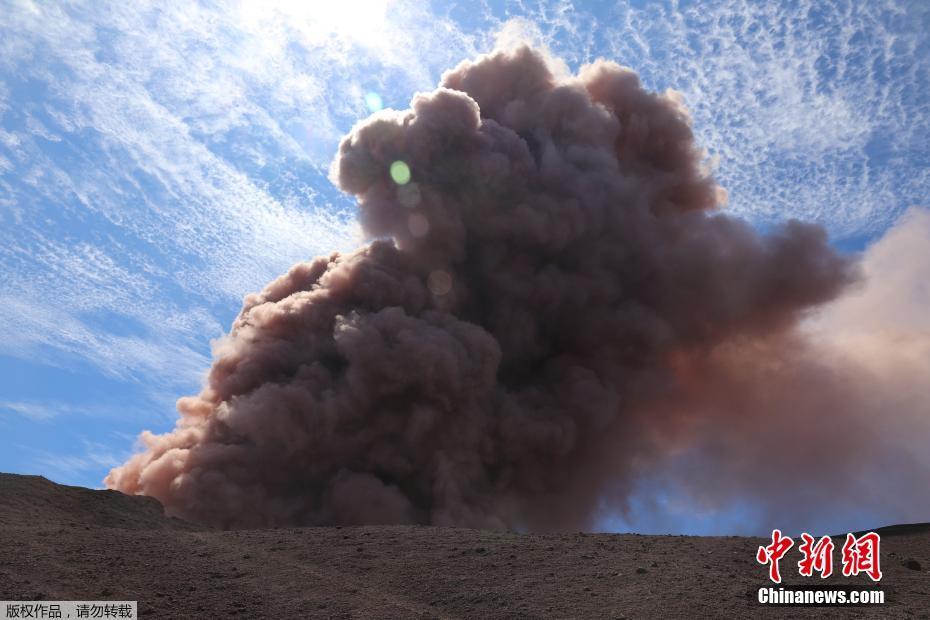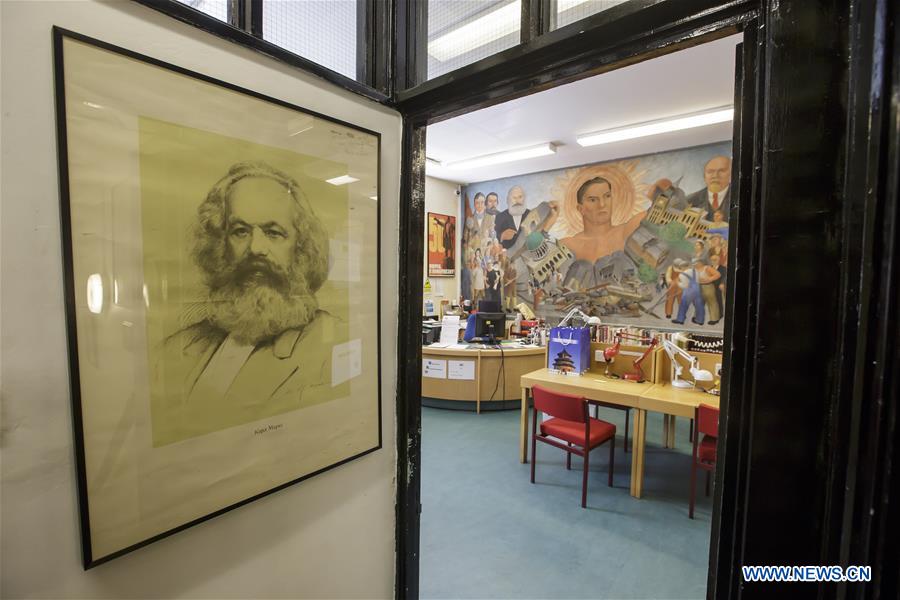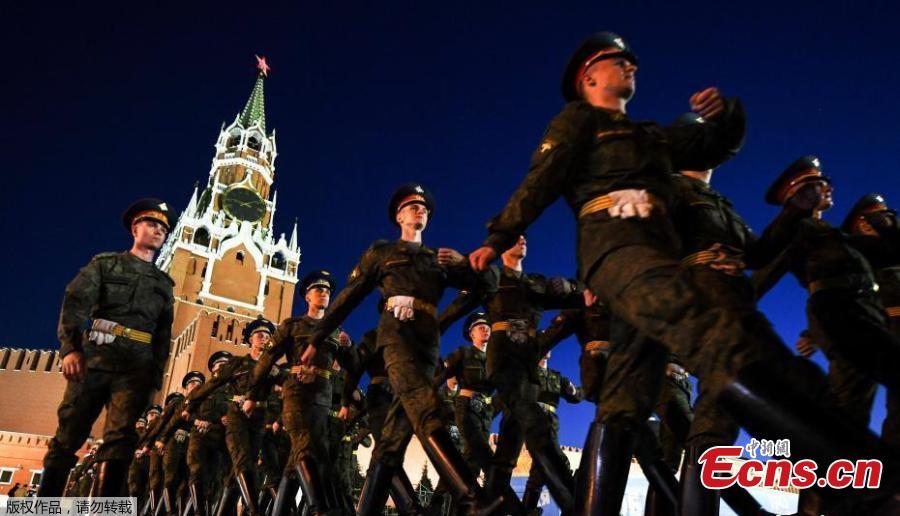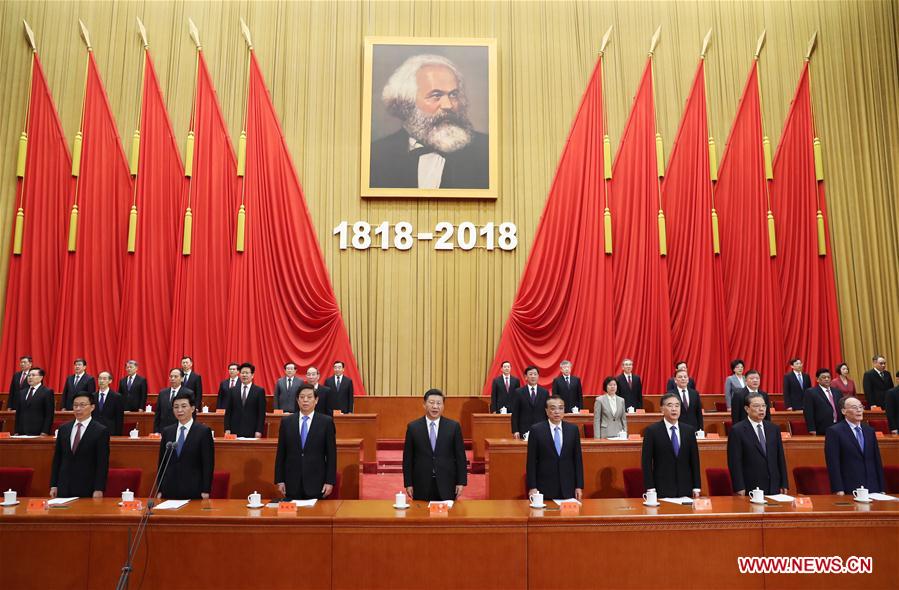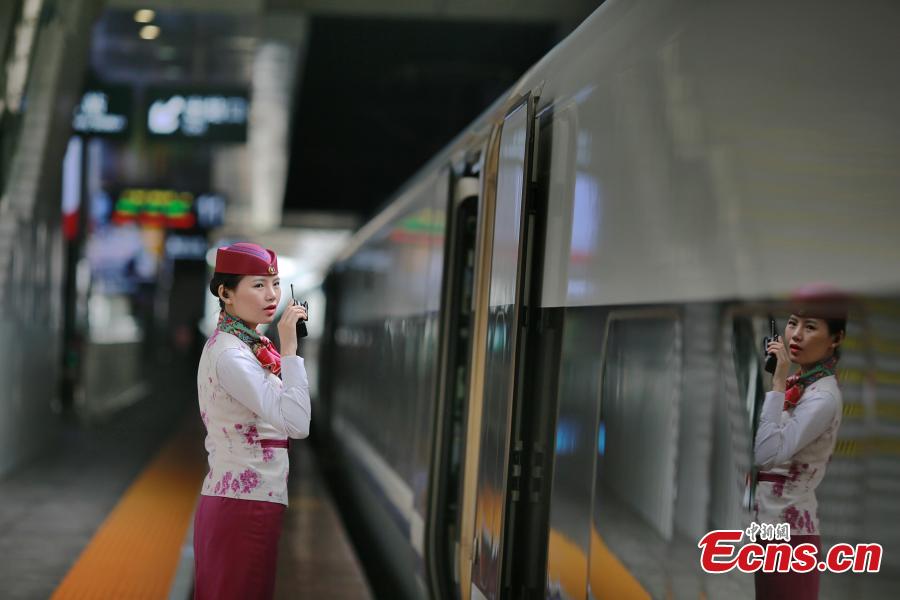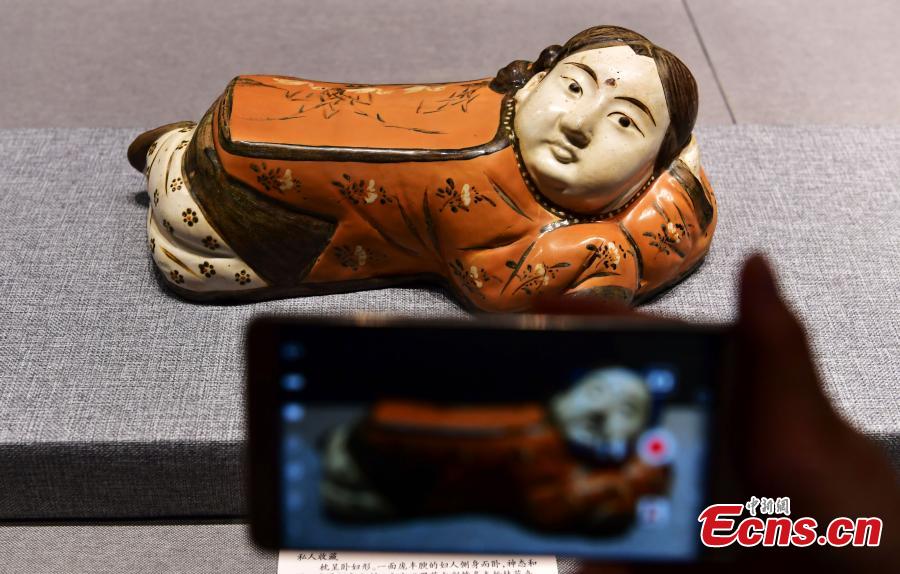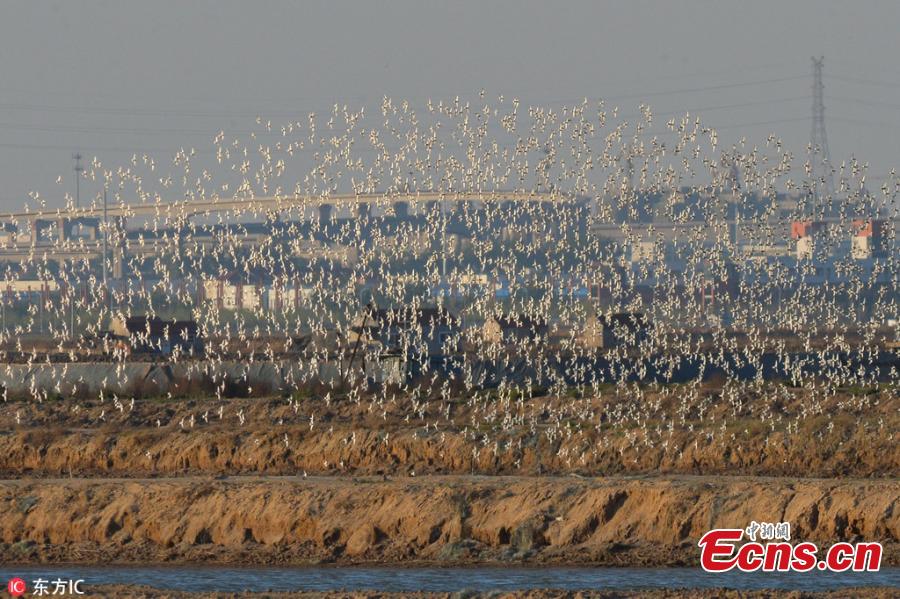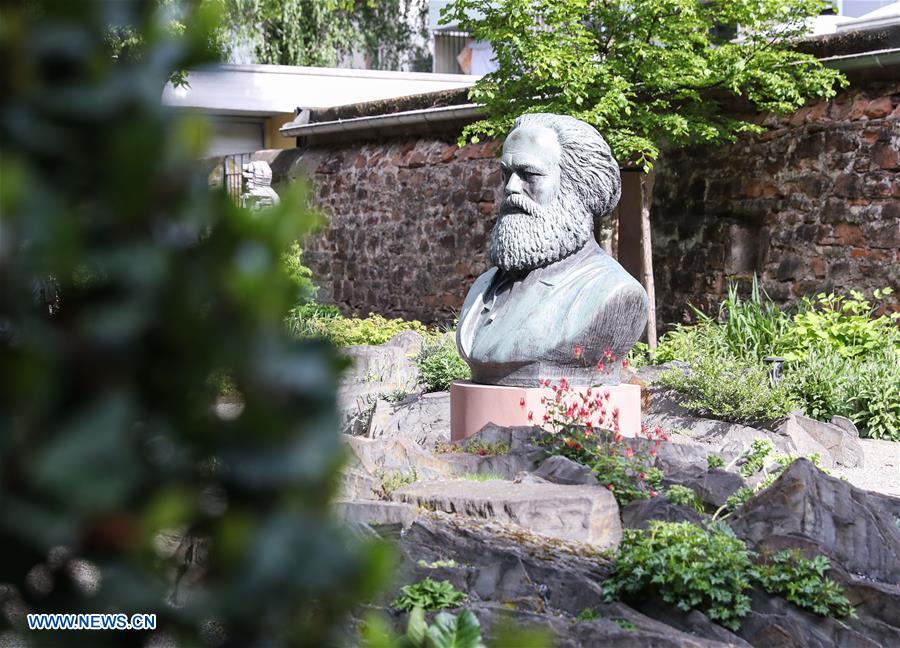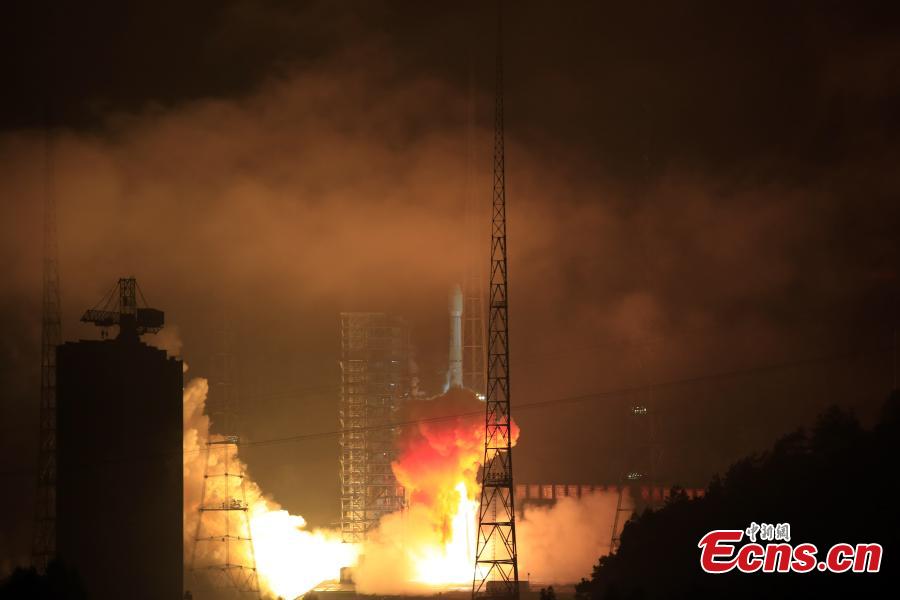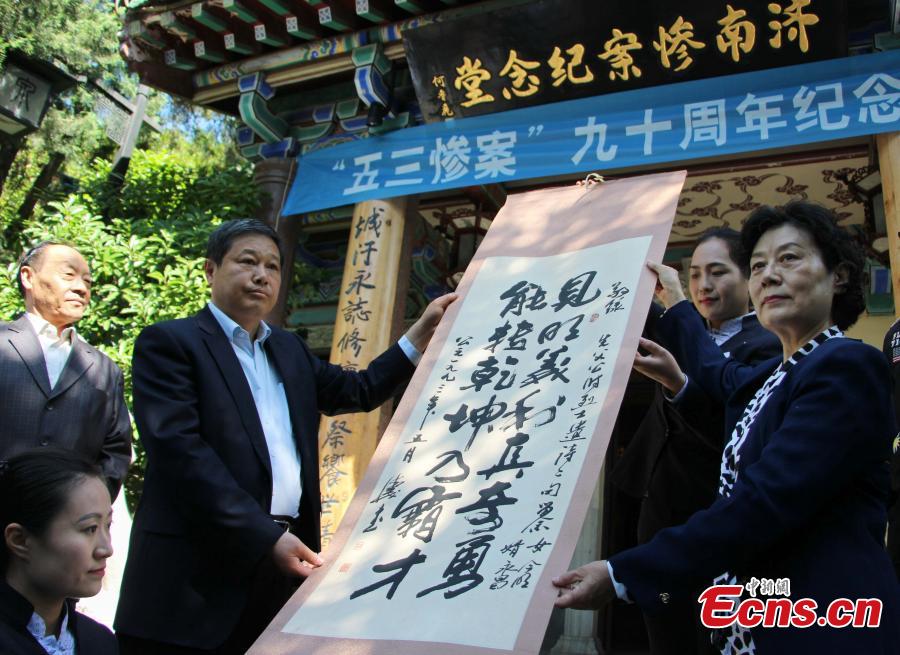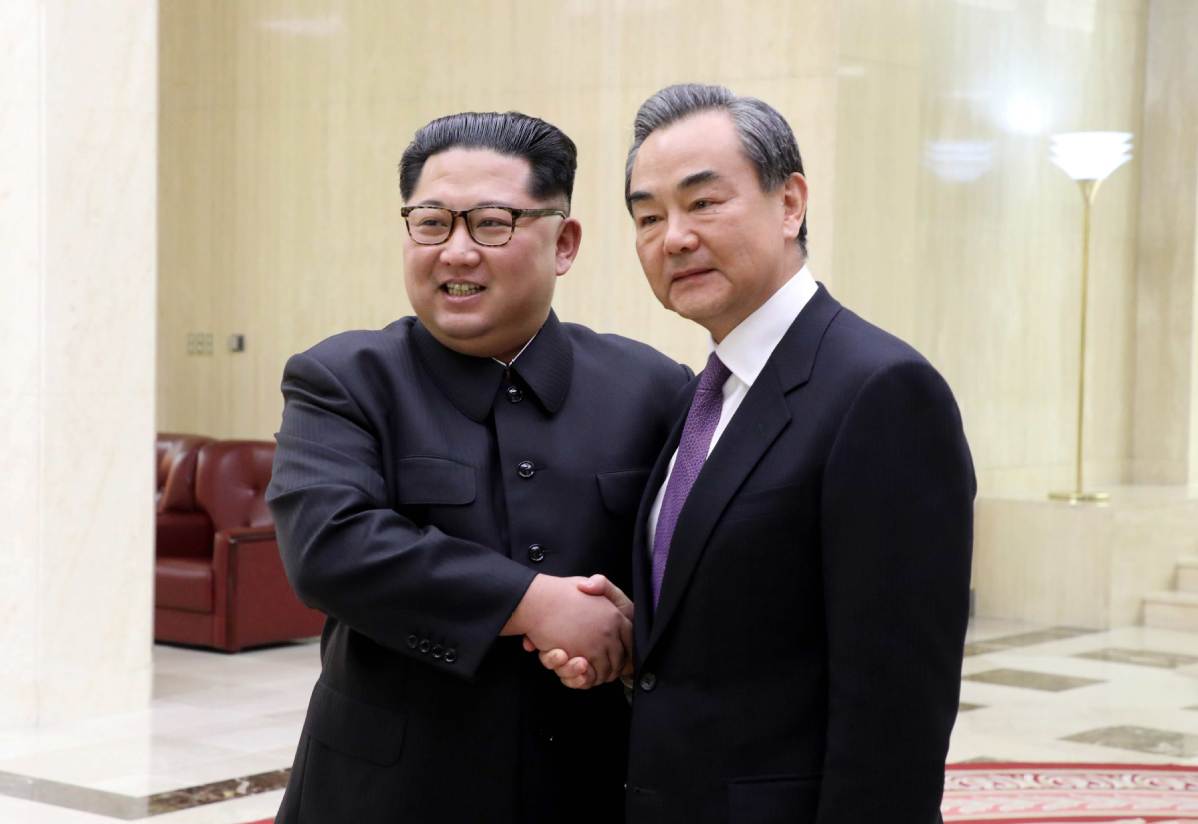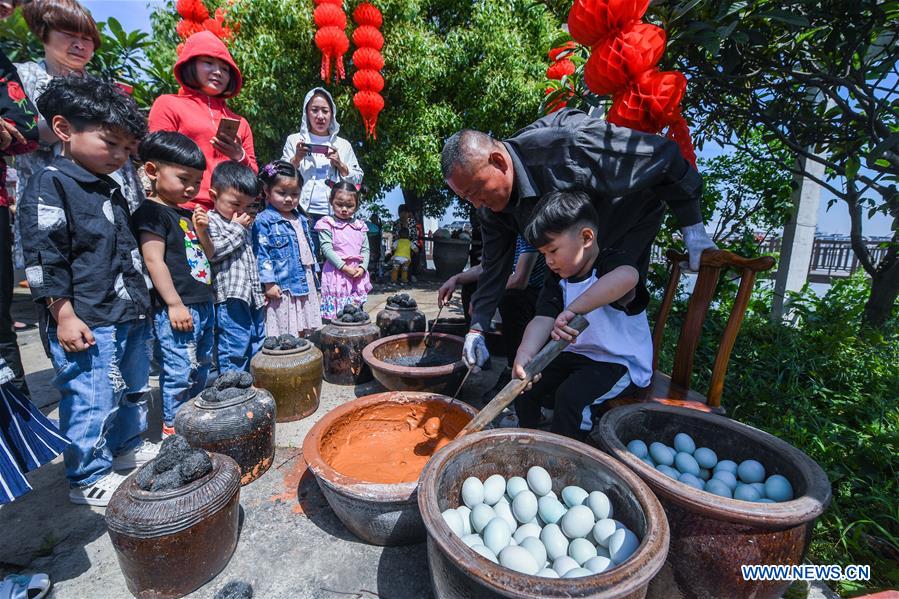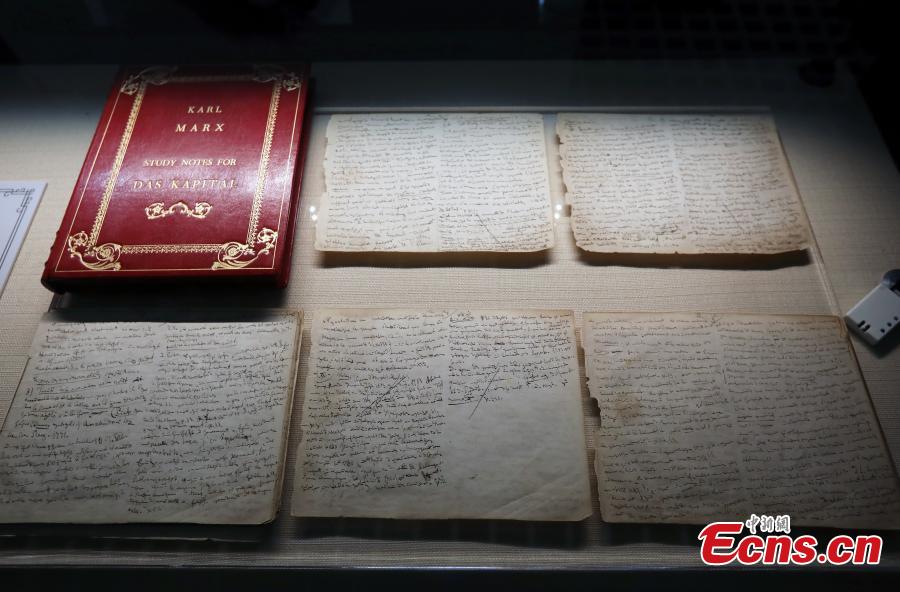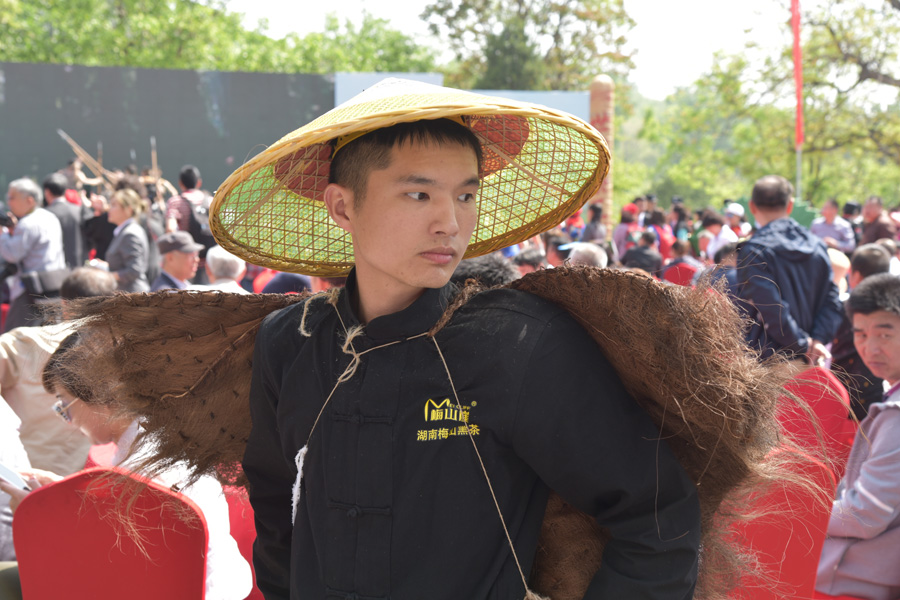Top diplomat urges all sides in talks on peninsula to keep up momentum
China's top diplomat Yang Jiechi called on parties involved in the Korean Peninsula issue during a Saturday phone conversation with U.S. Secretary of State Mike Pompeo to maintain the positive momentum that could lead to a resolution.
Yang, a member of the Political Bureau of the Communist Party of China Central Committee, underscored China's commitment to the peninsula's denuclearization, peace and stability as well as a settlement of the issues through talks, Foreign Ministry spokesman Geng Shuang said on Sunday.
Yang, also director of the Office of the Foreign Affairs Commission of the CPC Central Committee, told Pompeo he hopes all parties will seriously consider China's proposal of a "dual-track" approach and address one another's reasonable security concerns in a balanced manner.
The "dual-track" approach calls for promoting denuclearization in the peninsula while establishing a peace process there.
Calling for continued coordination between China and the United States over major international and regional issues, Yang said the two countries should also keep close communications over trade, according to an earlier statement.
China-U.S. ties are at an important stage, Yang said, adding that the two countries should strengthen exchanges at all levels, respect each other's core interests and major concerns and settle their differences and sensitive issues.
Pompeo said there is huge potential for the two largest economies to cooperate. The U.S. values its ties with China and hopes to continue its close communication and coordination in boosting ties, he said.
The phone call came shortly after bilateral trade talks were held in China on Thursday and Friday.
During the talks, the two sides exchanged views on issues such as expanding U.S. exports to China and reached consensus in some fields, while noting major differences and agreeing to continue close communication, according to Xinhua News Agency.
Fan Jishe, a researcher at the Institute of American Studies at the Chinese Academy of Social Sciences, said the two countries need to settle trade issues through talks to prevent disputes from expanding into other fields, such as regional security.
China and the U.S. have great potential to cooperate in international and regional security matters, such as the Korean Peninsula nuclear issue, Fan said. Strengthened coordination between the two important parties involved is necessary for a peaceful solution, Fan said, adding that the two countries should work together to lower tensions in the area.
U.S. President Donald Trump said on Friday that the date and place for his meeting with Kim Jong-un, top leader of the Democratic People's Republic of Korea, will be announced soon. Trump had said earlier the meeting will take place in May or early June.
Yang and Pompeo's conversation also took place close to when the White House issued a statement criticizing China's efforts to require foreign airlines to change how they refer to Taiwan, Hong Kong and Macao.
The White House said China's Civil Aviation Administration sent a letter to 36 foreign air carriers, including a number of U.S. carriers, demanding changes.
The carriers were told to remove references on their websites or in other materials that suggest Taiwan, Hong Kong and Macao are countries independent from China, U.S. and airline officials said.
Responding to the White House statement, spokesman Geng said on Sunday, "No matter what the U.S. says, it won't change the objective fact that there is only one China, and that the Hong Kong and Macao special administrative regions and Taiwan are inseparable parts of China."
China will continue to handle its foreign relations according to the one-China policy, Geng said, urging foreign corporations running business in China to respect China's sovereignty and territorial integrity, abide by China's laws and respect Chinese people's national feelings.
In January, authorities told the hotel company Marriott International to shut down its Chinese website and mobile applications for one week to remove illegal information, after it sent emails to its members listing Hong Kong, Macao, Taiwan and Tibet as countries.










